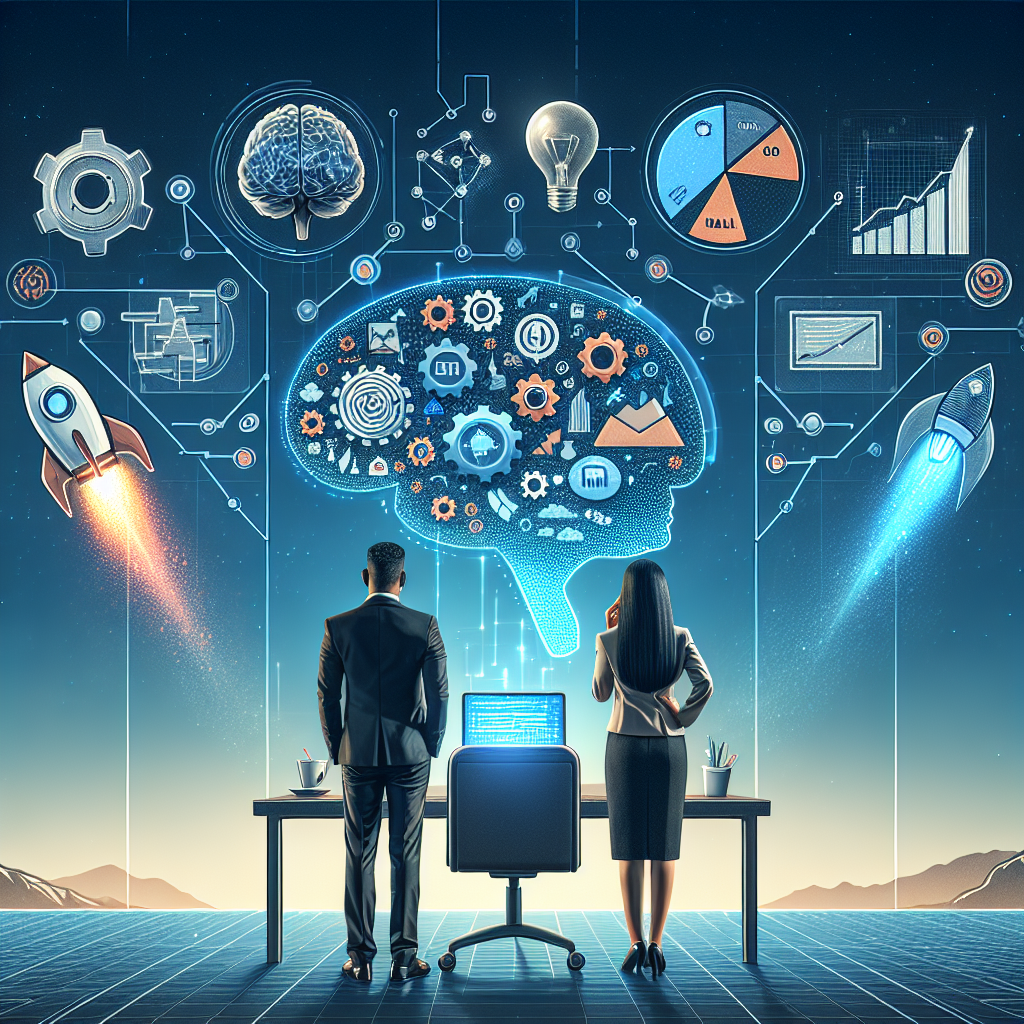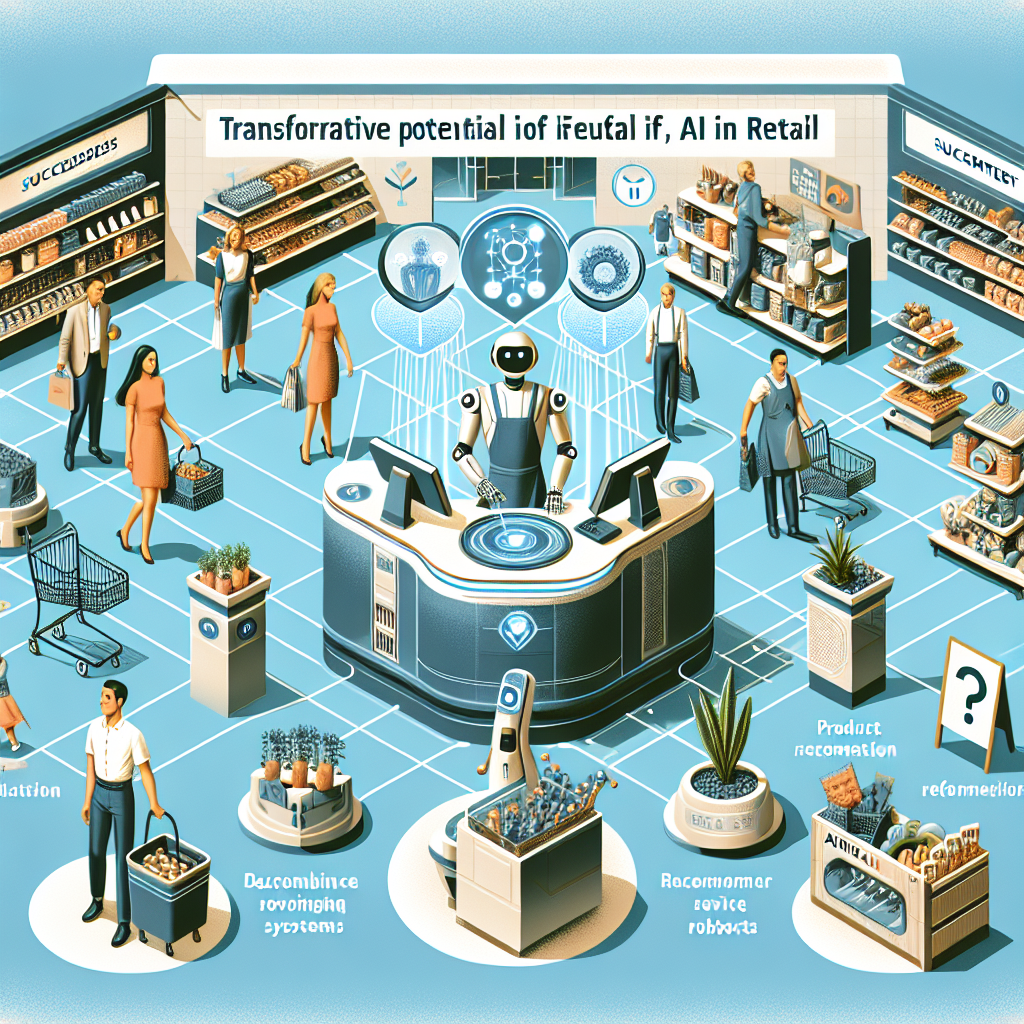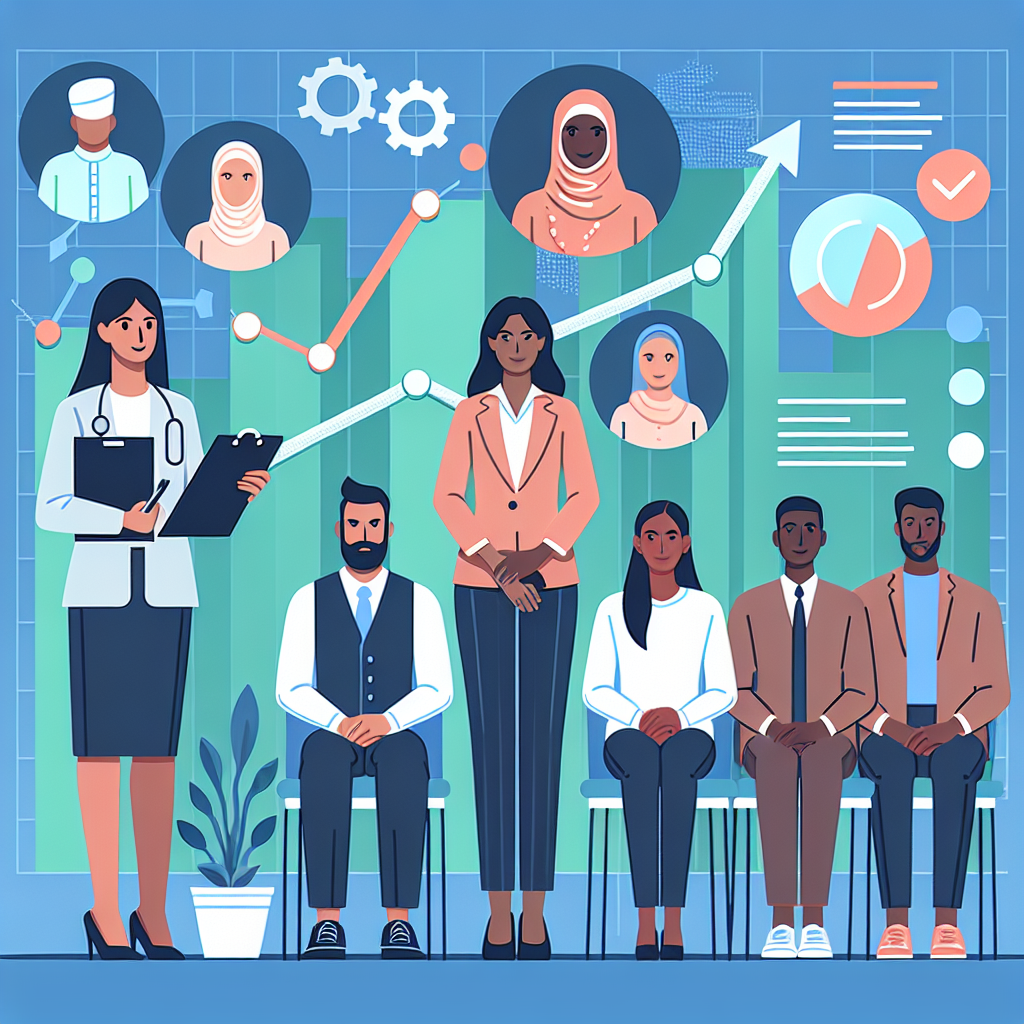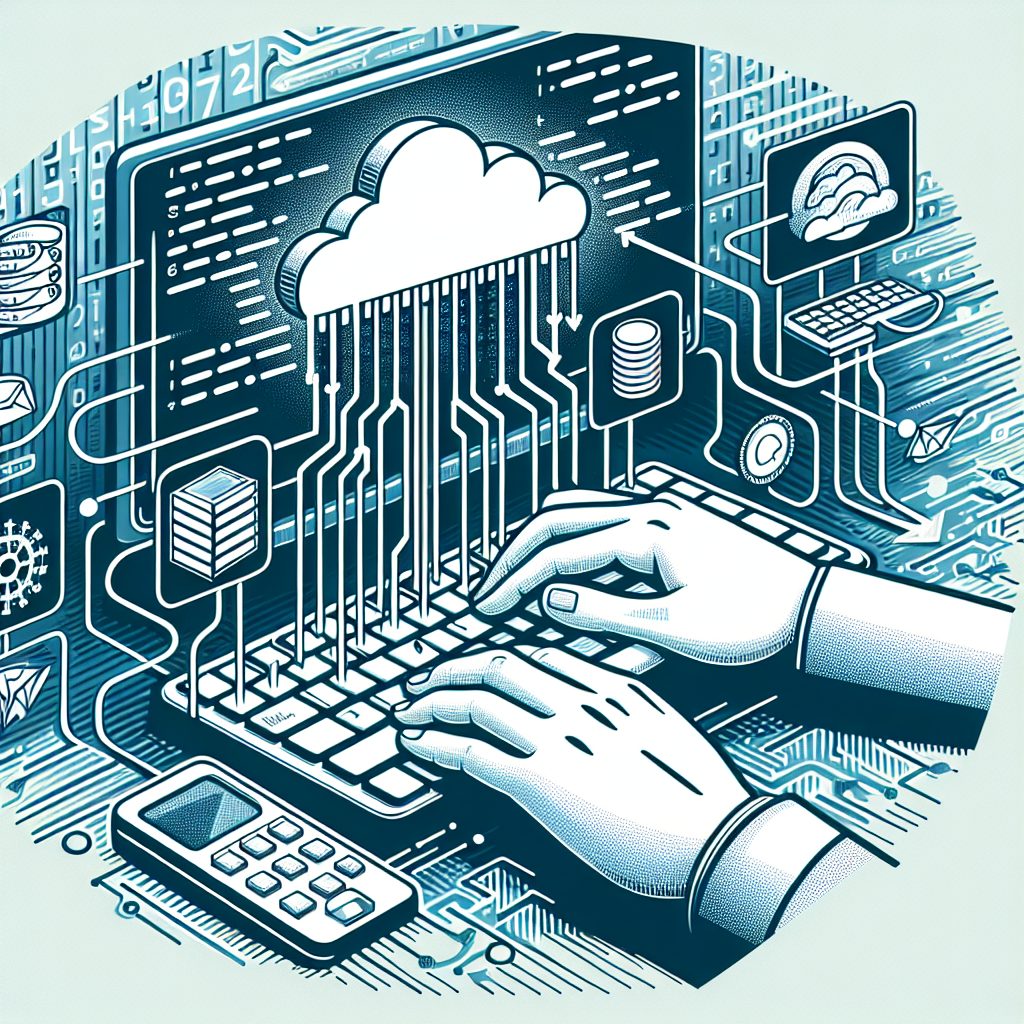AI in Marketing: Powerful Use Cases, Success Stories, and Lessons Learned

```html
Artificial Intelligence (AI) is making a significant impact across various sectors, and the world of marketing is no exception. With its ability to analyze vast amounts of data and make predictions, AI is transforming how businesses approach customer engagement and marketing strategies. In this blog post, we'll delve into some compelling use cases for AI in marketing, highlighting success stories and critical lessons learned along the way.
Customer Segmentation and Targeting: Precision Like Never Before
One of the most powerful applications of AI in marketing is customer segmentation and targeting. By analyzing data from multiple sources, AI can identify distinct customer segments based on behavior, preferences, and demographics. For example, Netflix uses AI algorithms to analyze viewing habits and recommend content tailored to each user, enhancing customer engagement and retention.
However, there have been instances where AI-driven segmentation missed the mark. A retail company, for instance, once relied solely on algorithmic recommendations which led to over-segmentation and inefficient marketing campaigns. This experience underscores the importance of balancing AI insights with human intuition and cross-functional collaboration to achieve optimal results.
Predictive Analytics: Anticipating Customer Behavior
AI-driven predictive analytics helps marketers anticipate customer behavior and tailor campaigns accordingly. By analyzing historical data, AI can forecast future trends, enabling businesses to proactively address customer needs. A notable success story is Starbucks, which uses AI to predict when and what types of promotions to send to individual customers, resulting in increased sales and customer loyalty.
Nonetheless, predictive analytics is not without its pitfalls. Predictive models can sometimes be over-reliant on historical data, leading to inaccurate forecasts during unexpected market shifts. A popular e-commerce platform faced this challenge during the COVID-19 pandemic when its predictive models failed to account for the sudden surge in online shopping. This highlights the need for adaptive models that can respond to real-time data and changing market conditions.
Content Creation: Enhancing Creativity with AI
AI is also making waves in content creation. Tools like Copy.ai and Jasper use natural language processing (NLP) to generate engaging blog posts, social media updates, and even product descriptions. By automating routine content tasks, AI allows marketers to focus on more strategic initiatives.
Despite its advantages, AI-generated content can sometimes lack the nuance and emotional depth that human-created content provides. There have been instances where AI-generated content failed to resonate with the target audience, highlighting the need for human oversight to ensure content quality and relevance. For example, a financial services firm experienced lukewarm reception to an AI-generated blog series, which lacked the expertise and personalized touch their customers valued.
Chatbots and Virtual Assistants: Improving Customer Service
AI-powered chatbots and virtual assistants are revolutionizing customer service by providing instant, 24/7 support. Businesses like H&M use chatbots to assist customers with product inquiries, order tracking, and personalized styling advice, enhancing the overall shopping experience and freeing up human agents for complex queries.
However, chatbots are not always foolproof. There have been instances where chatbots failed to understand customer queries, leading to frustration and dissatisfaction. A major telecommunications company faced backlash when its chatbot provided incorrect information, underscoring the importance of continuous training and human intervention to handle escalated issues.
Ad Campaign Optimization: Maximizing ROI
AI is transforming the way businesses approach ad campaigns, enabling real-time optimization based on performance data. Google Ads and Facebook Ads leverage AI to automatically adjust bids, target the right audience, and optimize creatives for better results. AI-driven ad campaigns have shown higher click-through rates and return on investment (ROI) compared to traditional methods.
However, over-reliance on AI for ad optimization can sometimes lead to unintended consequences. For instance, an online retailer experienced a dip in ROI when their AI system prioritized low-cost ads that attracted non-converting traffic. This incident highlights the importance of monitoring and adjusting AI strategies to align with business goals and ensure quality leads.
The Future of AI in Marketing
The future of AI in marketing is incredibly promising. As AI technology continues to evolve, we can expect even more sophisticated tools for customer insights, predictive analytics, content creation, and campaign optimization. Emerging technologies like augmented reality (AR) and virtual reality (VR) integrated with AI could open new dimensions for immersive and personalized marketing experiences.
To fully leverage AI's potential, marketers must focus on ethical considerations, data privacy, and transparency. Building consumer trust through responsible AI use and continuous innovation will be key to staying ahead in the competitive landscape.
In conclusion, AI is revolutionizing marketing by enhancing customer segmentation, predicting behavior, automating content creation, improving customer service, and optimizing ad campaigns. Success stories from companies like Netflix and Starbucks showcase AI's transformative potential, while lessons from challenges emphasize the need for balanced AI strategies. As AI continues to advance, its role in marketing will undoubtedly expand, offering unprecedented opportunities for innovation and growth.
```



